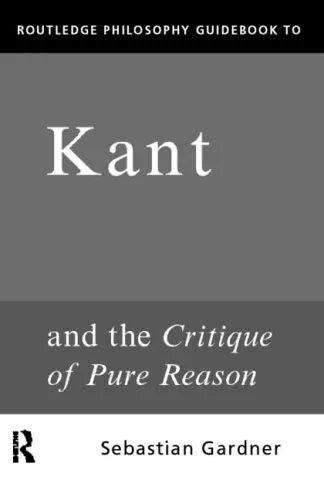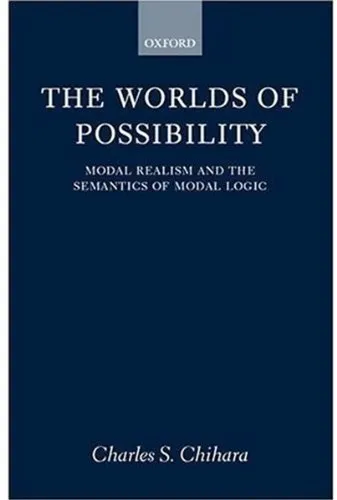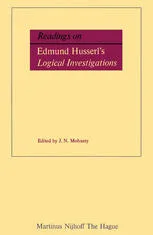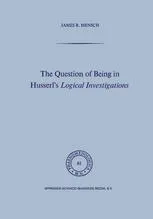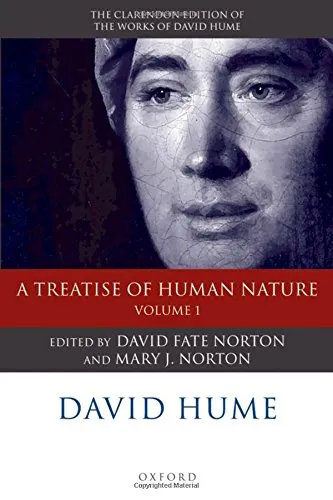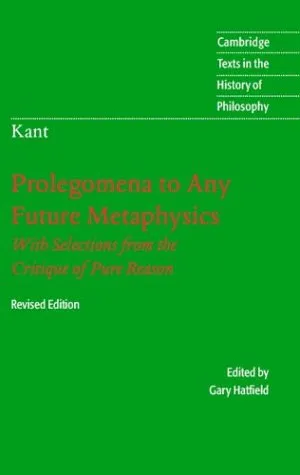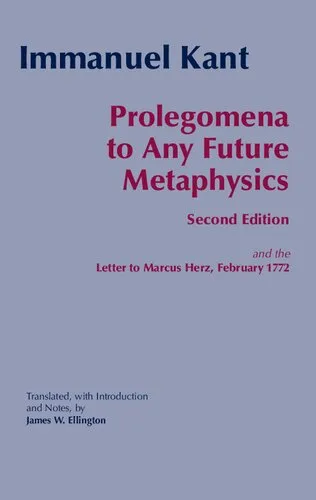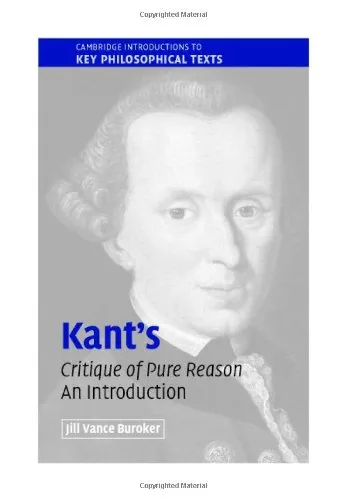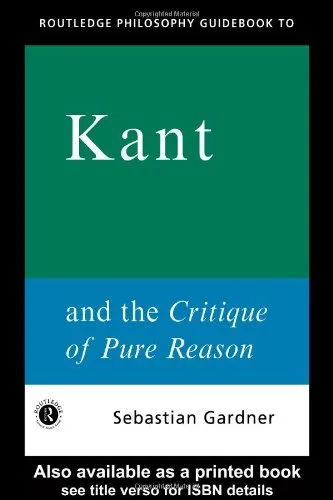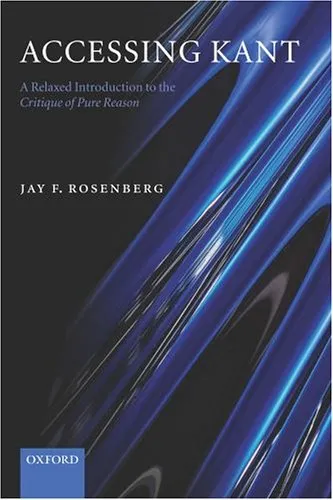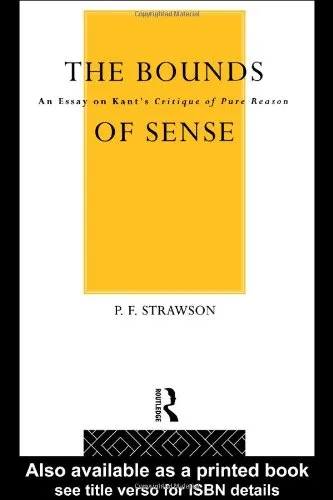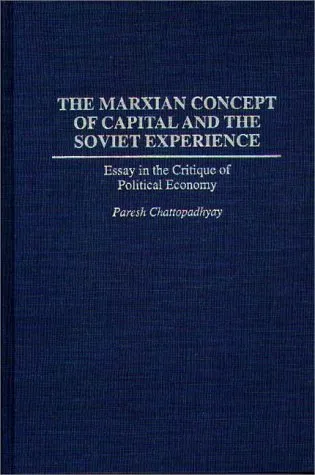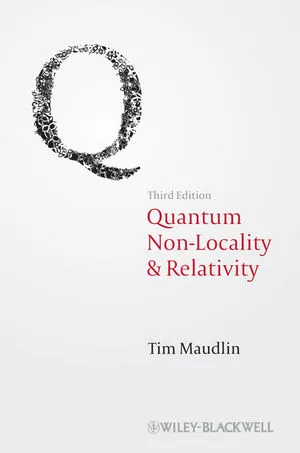Routledge Philosophy GuideBook to Kant and the Critique of Pure Reason (Routledge Philosophy GuideBooks)
4.5
Reviews from our users

You Can Ask your questions from this book's AI after Login
Each download or ask from book AI costs 2 points. To earn more free points, please visit the Points Guide Page and complete some valuable actions.Related Refrences:
Welcome to an in-depth exploration of Immanuel Kant's seminal work, Critique of Pure Reason, through the lens of Sebastian Gardner's insightful analysis. The Routledge Philosophy GuideBook to Kant and the Critique of Pure Reason serves as an essential companion for anyone delving into the complexities of Kantian philosophy. This guidebook breaks down the core concepts of Kant's philosophy, offering readers a structured way to understand one of the most impactful philosophical texts in Western history.
Detailed Summary of the Book
Gardner's guidebook embarks on a comprehensive journey through Kant's Critique of Pure Reason, elucidating its intricate ideas and philosophical significance. The book begins with a contextual overview, situating Kant within the Enlightenment period and detailing his motivations for writing the Critique. Gardner delves into Kant's revolutionary approach to epistemology, known as the "Copernican Revolution," which pivots around the idea that the mind actively shapes human experience rather than passively receiving it.
The guidebook meticulously explores the intricate architecture of Kant's arguments, including the distinctions between a priori and a posteriori knowledge, and the concepts of phenomena and noumena. It systematically analyzes the main sections of the Critique: the Transcendental Aesthetic, Analytic, and Dialectic. Gardner provides insightful commentary on pivotal elements such as the categories of understanding, the role of space and time, and the antinomies of pure reason, making these abstract principles accessible to contemporary readers.
Key Takeaways
- Kant's assertion that knowledge arises from the interaction between sensory experiences and the mind's innate structures.
- The distinction between empirical reality and the things-in-themselves, which we cannot know directly.
- Understanding of Kant's influence on both his philosophical predecessors and successors, particularly in metaphysics and epistemology.
- Insights into the limitations of human cognition and the boundaries of what can be known.
Famous Quotes from the Book
"Kant's approach, often described as the 'Copernican Revolution' in philosophy, posits that humans can only know the world as it is encountered through the faculties of the mind."
"Gardner adeptly guides us through Kant’s Transcendental Aesthetic, revealing how space and time are not substances, but forms of human intuition."
Why This Book Matters
Kant's Critique of Pure Reason is a cornerstone of modern philosophy, and Gardner's guidebook is vital for unlocking its depths. By demystifying Kant's dense prose and complex ideas, this book provides a pathway for scholars and general readers alike to engage with the profound questions that Kant raises about human understanding, reality, and the limits of knowledge.
Gardner's thoughtful analysis not only clarifies Kant's philosophical intentions but also highlights the continued relevance of his ideas in contemporary discussions. For students and enthusiasts of philosophy, this guidebook is an invaluable resource that fosters a richer appreciation of Kant's enduring legacy.
Free Direct Download
You Can Download this book after Login
Accessing books through legal platforms and public libraries not only supports the rights of authors and publishers but also contributes to the sustainability of reading culture. Before downloading, please take a moment to consider these options.
Find this book on other platforms:
WorldCat helps you find books in libraries worldwide.
See ratings, reviews, and discussions on Goodreads.
Find and buy rare or used books on AbeBooks.
1324
بازدید4.5
امتیاز0
نظر98%
رضایتReviews:
4.5
Based on 0 users review
Questions & Answers
Ask questions about this book or help others by answering
No questions yet. Be the first to ask!
